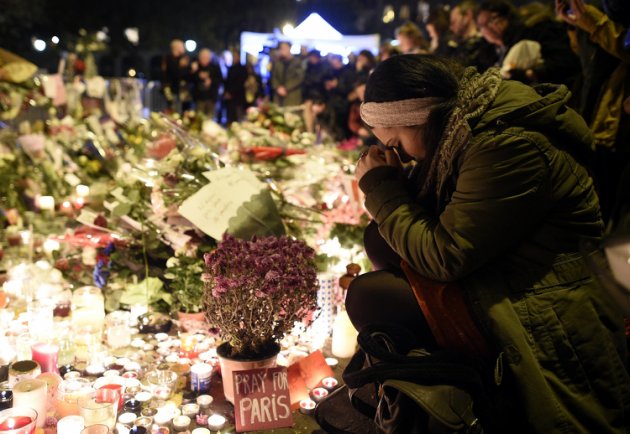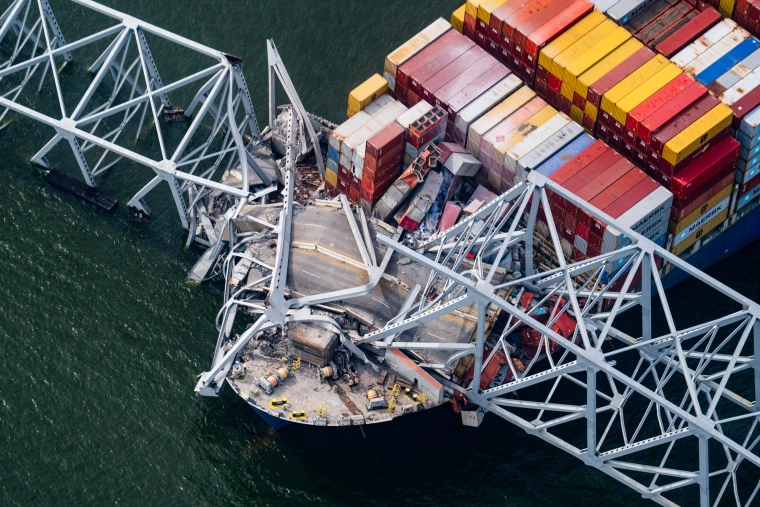Attacks in Paris: What we Know
November 17, 2015
The fallout from last week’s terror attacks in Paris, France continues with France launching air strikes at key ISIS installations in Syria, a band of GOP governors in the United States vowing to block Syrian refugees from entering the United States, and heightened US security particularly in Washington, DC.
ISIS terrorists, who on Monday released a video claiming that the nation’s capital is next, carried out brutal attacks at six separate locations throughout Paris on Friday, November 13. The attacks began around 9:20pm, when a suicide bomber detonated his explosive vest outside of Stade de France, where a soccer match was occurring between France and Germany. Minutes later, another explosion could be heard echoing throughout the stadium, while gunmen opened fire at four different restaurants in Paris’ 10th and 11th districts. The last group of terrorists stormed the Bataclan Theatre during a concert, shooting at the crowd and taking roughly 100 people hostage. A tense standoff between the terrorists and French police lasted until about 12:20am, when police were able to enter the theatre and kill the terrorists. As of now, 132 people have been killed, 89 of which occurred in the Bataclan Theatre. However, this number is expected to rise due to a number of victims in critical condition.
We are going to lead a war which will be pitiless
— François Hollande
In the hours following the attacks, François Hollande, the president of France, issued a state of emergency throughout the country, closing borders and dispatching military throughout the streets of Paris. Hollande said in a statement that the attacks were an “act of war” and that “we are going to lead a war which will be pitiless”. A day after the attacks, arrests were made in Brussels, Belgium in connection with the terrorists, including relatives who may have aided in the acts. Airstrikes against ISIS from French and US bombers have intensified, already killing an estimated 200 fighters in Iraq and Syria. Now, the world awaits to see how the French government will handle ISIS in the weeks to come following these vicious attacks.
Darkness in the City of Lights is really the only way to describe the atmosphere after the ordeal. Although support has flowed in from all over the world, there is a tangible feeling of fear and uncertainty throughout France. This is the second time this year that Paris has been the victim of terrorist attacks, and many Parisians feel that their safety is in jeopardy. ISIS has stated that France is their primary target, citing continuous airstrikes against their fighters and France’s relatively close proximity to the conflict. Security throughout France will likely stay heightened for months, if not years, after the attacks. The US has also beefed up security measures, with many Americans realizing that there is a potential for similar attacks to happen here as well. WHHS Junior Sudharshan Venkatesh said “this attack is absolutely horrible, but hopefully people now realize that ISIS isn’t just a middle east problem; it’s our problem too.” These attacks have ushered in a new era in the war on terrorism, and a large response from world powers against ISIS may be imminent.
















